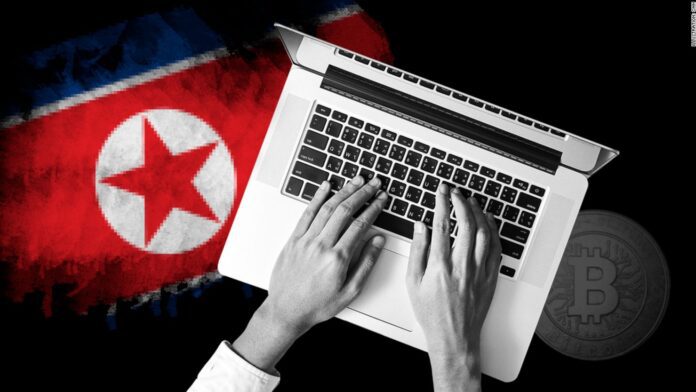Cyber Crimes Fueling Dangerous Weapons
South Korea has taken firm action to counter North Korea’s alarming use of illegal cyber activities. On Thursday, the South Korean government announced sanctions on 15 individuals and one organization for their roles in funding North Korea’s nuclear and missile programs. These programs, banned under multiple United Nations (U.N.) Security Council resolutions, are considered a significant global threat.
The individuals under sanctions are believed to be working overseas, engaging in activities such as cryptocurrency theft and other cybercrimes. Their primary objective is to generate foreign currency to support North Korea’s weapons development. These activities are reportedly carried out under the General Bureau 313, a department responsible for weapons production and military research. This bureau is already subject to U.N. sanctions due to its direct involvement in North Korea’s illegal arms programs.
The General Bureau 313 has been accused of dispatching skilled North Korean IT workers to countries like China, Russia, and nations across Southeast Asia and Africa. These workers are tasked with earning money that is funneled back to support the regime’s weapons initiatives. Additionally, these experts contribute to the development of military software, further strengthening North Korea’s arsenal.
Deceptive Tactics Using Fake Identities
To avoid detection, some of the targeted individuals allegedly operate under false identities. For instance, one person is suspected of working with IT companies in the United States and Canada, earning significant sums of money that were secretly sent back to North Korea. These deceptive tactics enable them to bypass international regulations and continue funding prohibited activities.
The South Korean sanctions also target an organization called the Chosun Kum Jong Economics Information Technology Exchange. This entity is believed to play a central role in sending North Korean IT workers abroad. The earnings of these workers are systematically funneled back into the regime to sustain its nuclear and missile development programs. An employee of this organization has also been identified as playing a key role in generating hard currency for North Korea.
Record-Breaking Cryptocurrency Theft
One of the most concerning revelations is the scale of cryptocurrency theft attributed to North Korea. In 2024 alone, the regime reportedly stole approximately $1.3 billion worth of cryptocurrency. The magnitude of North Korea’s cyber operations is demonstrated by the fact that this represents an alarming 61% of all cryptocurrency theft worldwide for the year.
This figure marks the largest amount of cryptocurrency theft by North Korea to date, underscoring how these illegal activities have become a major source of income for the regime. According to a recent U.N. report, around 40% of the money earned from these cybercrimes has been directly allocated to developing weapons of mass destruction, including nuclear weapons and advanced missile systems.
The global community has grown increasingly alarmed by North Korea’s ability to exploit digital platforms for illegal financial gain. These activities not only undermine international security but also pose significant risks to businesses and individuals worldwide.
Immediate Action by South Korea
The new sanctions imposed by South Korea aim to disrupt these harmful activities by targeting the individuals and organizations responsible. By exposing and sanctioning those involved, South Korea hopes to weaken the financial networks that support North Korea’s weapons programs.
These measures are part of broader international efforts to counter North Korea’s illicit activities and enforce U.N. resolutions. The sanctions will officially come into effect on Monday, marking a decisive step by South Korea in addressing this growing threat.
Through these actions, South Korea has sent a clear message about its commitment to curbing North Korea’s illegal cyber activities and their dangerous consequences.


